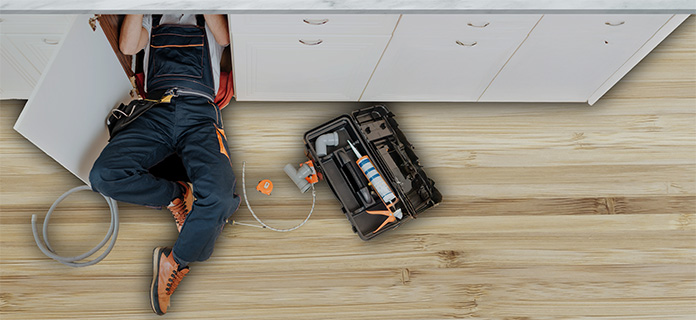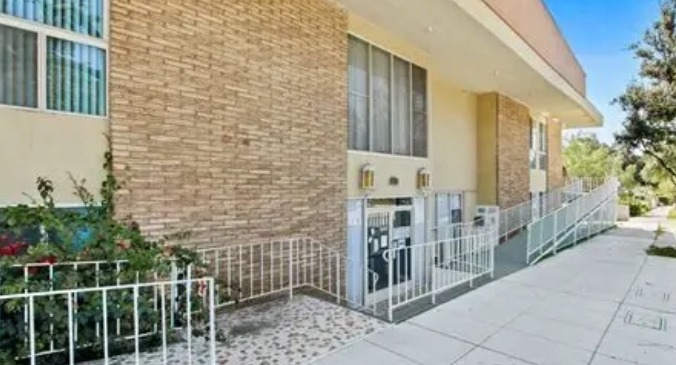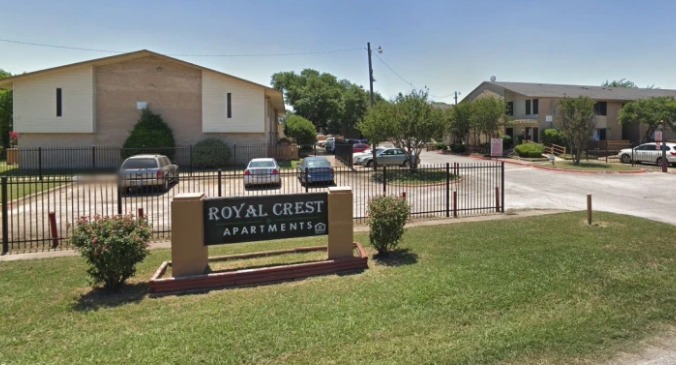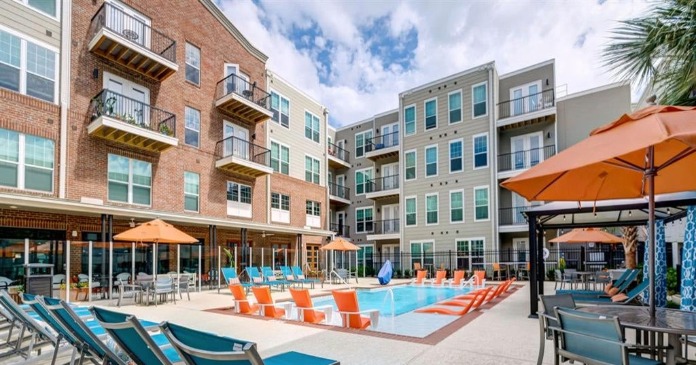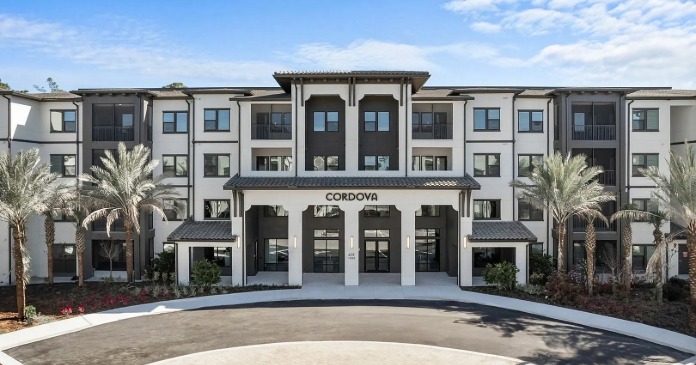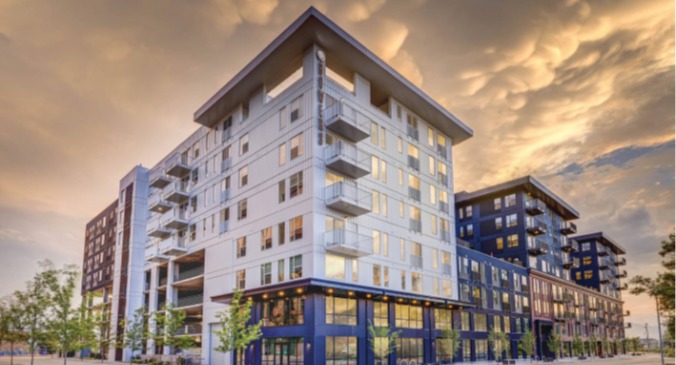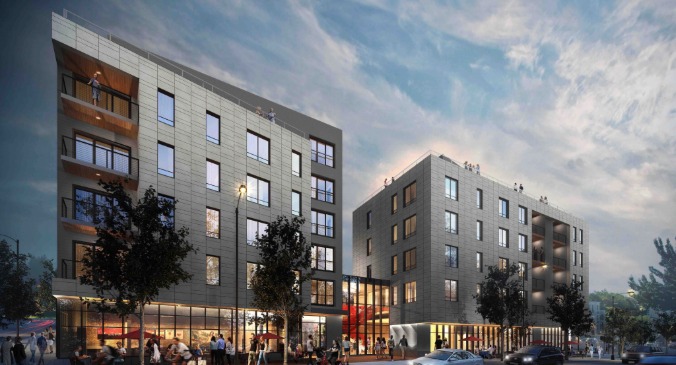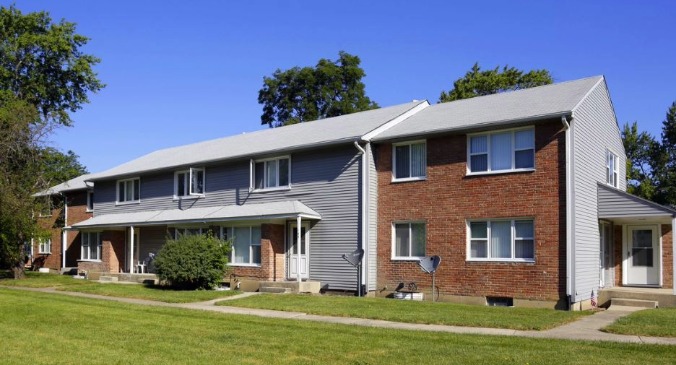The lock-and-key systems most commonly used by apartment communities today are master-key systems, and inherent in those systems is the potential threat posed by the ability of a master-key holder to gain access to the entire community. Master-key locks are designed to be opened by an individual key, as well as the master keys that also open other — and sometimes all — doors within the same apartment property.
The benefit of a master-lock system is that it allows maintenance staff and managers to access the entire property without having to carry a large bunch of keys. But there is a downside to that advantage. One negative is that locks must be changed every time residents move in or out of the property.
“With approximately 40 to 60 percent of U.S. rental units getting new residents every year, this turnover results in a lot of time and money spent on replacing locks,” said Eric Elsmore, marketing manager for residential security at Ingersol Rand Security Technologies, the parent company of Schlage, which has been supplying a full range of mechanical and electronic lock systems to the residential, commercial and multifamily industries for 85 years.
“Apartment managers today typically handle resident turnover by either re-keying the lock cylinder and changing the combination or replacing or swapping the locks between apartments — or nothing at all, which is the worst of all,” he said.
Another disadvantage is the inherent liability risk in the system. Any person who has ever had possession of an individual key can make a master key, researcher Matt Blaze noted in Master Keyed Lock Vulnerability, his 2003 report for AT&T Labs. And, the process of creating a master key is surprisingly simple, arouses little or no suspicion and leaves behind no evidence. All one needs is access to a single lock in the system, possession of its associated key, a metal file and a few blank keys, which for many locks are readily available.
Blaze concluded that “there is no simple or completely effective countermeasure that prevents exploitation of this vulnerability short of replacing a master-keyed system with a non-mastered one.
Residential facilities and safety-critical or high-value environments are strongly urged to consider whether the risks of master-keying outweigh the convenience benefits, in light of this vulnerability.”
The apartment industry is becoming increasingly aware of the weakness in most master-keyed lock systems that allow anyone with access to the key to a single lock to create the master key that opens every lock in the entire community.
“Talking to multifamily owners and managers at the national apartment association shows, there is a big buzz around eliminating master keys from apartment and student housing communities and improving key control. And, that is exactly what our product does,” Elsmore said of his company’s new keyless Schlage Programmable Electronic Deadbolts and Locks and Schlage Access Control Management System.
The system, which utilizes programmable fobs called iButtons, rather than keys, and seamlessly integrates Schlage programmable electronic deadbolts and locks, SNAP programming device and the Schlage Security Management System (SMS) Express software, allowing property managers to control access to every door in the apartment community.
“The lock never has to come off the door. You don’t have to call a locksmith to re-key the lock or remove cylinders and all you have to do is make a change in the software, go to the door to program it and the change is made,” said Elsmore, adding that the program has the potential to generate substantial cost savings each year.
The deadbolt itself is electronic, but is driven by a computer-based software access application. The iButton has a unique built-in code that is assigned to users through the software.
The deadbolts and locks boast all-metal construction and solid brass escutcheons and can be used to secure every apartment unit door. The deadbolts are designed for use on unit doors and storage areas. They also work well for doors to high-traffic common areas like theaters, and fitness and business centers.
“The solution we have for multifamily communities is that one iButton provides access to all of the property’s amenities, in addition to the individual’s unit door,” Elsmore said.
To unlock their own unit, residents simply touch their iButtons to the sensor on the face of the apartment door’s lock. Using the SMS Express software, property managers also can personalize each iButton, so that residents can gain access to all common areas of the property, in addition to their unit.
Property managers gain peace of mind because they are the only people with the ability to create or duplicate an iButton. “With the fob and the software, the property manager controls, within the software, exactly how many keys are issued, who has the keys and what access they have. The system has the ability to generate an audit trail of the last 1,000 users, which makes it great from a liability standpoint,” said Elsmore.
The audit information is retrieved from the lock using a handheld SNAP programming tool and then uploaded to the property manager’s computer through the device’s standard USB interface, similar to a memory stick.
Schlage’s new programmable electronic deadbolt and lock system was launched last December and demonstrated at apartment association conferences and other multifamily conventions around the country.
Elsmore said the response has been positive.
“We are in negotiations with a number of National Multi Housing Council (NMHC) top 50 property owners and managers of mostly Class A apartment product to implement the system into new and renovated properties. And we are partnering with some of our distribution partners who focus on existing properties to really hone in on that renovation and retrofit market.
“I think you will see something similar to what happened in hotels.
Think back to the last time you received a mechanical key when you checked into a hotel. It took that industry quite a while to wean itself from the keys and apartments are definitely going the same way the hotel industry has over the past 20 years,” said Elsmore.




